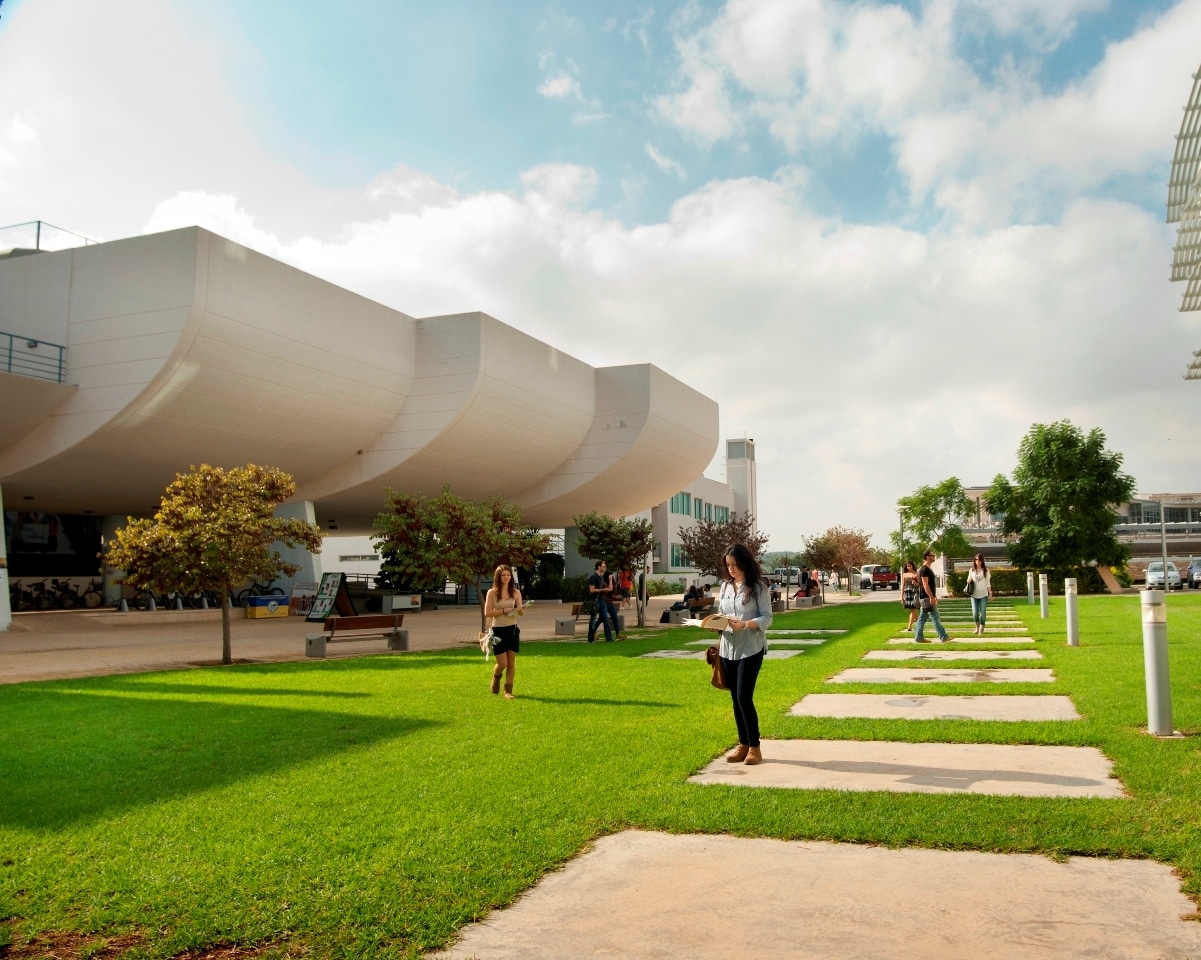With around 7.000 students, 113 laboratories and 830 faculty and staff members, the University of Cyprus (UCY) is a young and rapidly expanding university (established in 1989). There are 7 faculties, 22 departments and 16 research units / centres, covering a broad spectrum within the humanities, life, social, and natural sciences, and engineering.
Since its inception UCY has been at the forefront of the sustainability agenda in Cyprus. UCY aspires to be an institution that cultivates and disseminates environmental awareness and has adopted an environmental policy that balances economic, social, and environmental parameters.
Higher education institutions have a critical role to play in achieving the UN Sustainable Development Goals. They are uniquely positioned to contribute to the social, economic, and environmental transformations that are required to address the world’s most pressing issues.
Education has a major role to play in supporting societies to develop the skills they need to respond to the challenge of sustainability. Its role is to build intellectual capital and motivate future generations. Perhaps most importantly, education has a key role in taking the abstract idea of sustainability and turning it into reality in a wide range of contexts and disciplines.
The incorporation of courses on environment and sustainability in the curricula of UCY’s different schools is one of the main goals of the University’s sustainability policy. This goal has been achieved to a certain degree since several such courses are included in the programmes of study of most UCY departments. For example, indicative courses offered by the Department of Civil and Environmental Engineering focus on issues of management and protection of water resources, air pollution, and management of solid and liquid waste. Also, the curriculum of the Department of Education includes courses focusing on environmental and sustainability education.
Two postgraduate programmes of the university in particular have a clear focus on dimensions of sustainability and sustainability education. These are:
The postgraduate programme of the Department of Education on Environmental and Sustainability Education. This programme aims to help environmental educators (including teachers, non-formal educators, environmental or park managers, zoo or botanic garden educators) to acquire skills in basic and applied research, designing and developing curricula, evaluating and reforming educational policy, and acquiring skills for critically analysing recent trends and findings related to environmental and sustainability education.
The Interdepartmental (Depts of Architecture, Electrical & Computer Engineering, Mechanical & Manufacturing Engineering, and Civil & Environmental Engineering) Postgraduate Programme «Energy Technologies and Sustainable Design» (IPP-ETSD) offers specialization in the discipline of Energy Technologies within the frame of Sustainable Design. The interdisciplinary nature of the Master’s Program gives the opportunity to students to come into contact with subjects from a wide range of scientific backgrounds and work with fellow students of different disciplines to develop synergies and complementarities for achieving common objectives. Graduates of the program can thus gain a more comprehensive and multidisciplinary training in such a diverse subject area such as Energy.
In the list of programmes with a distinct sustainability dimension, one could also add the postgraduate programme on Ecology and Biodiversity offered by the Department of Biological Sciences.
The next step in our university’s efforts to embody the principles of sustainability in education could be the design and implementation of a “whole institution” strategy for including dimensions of sustainability in education, including specific educational goals for each programme of study.










